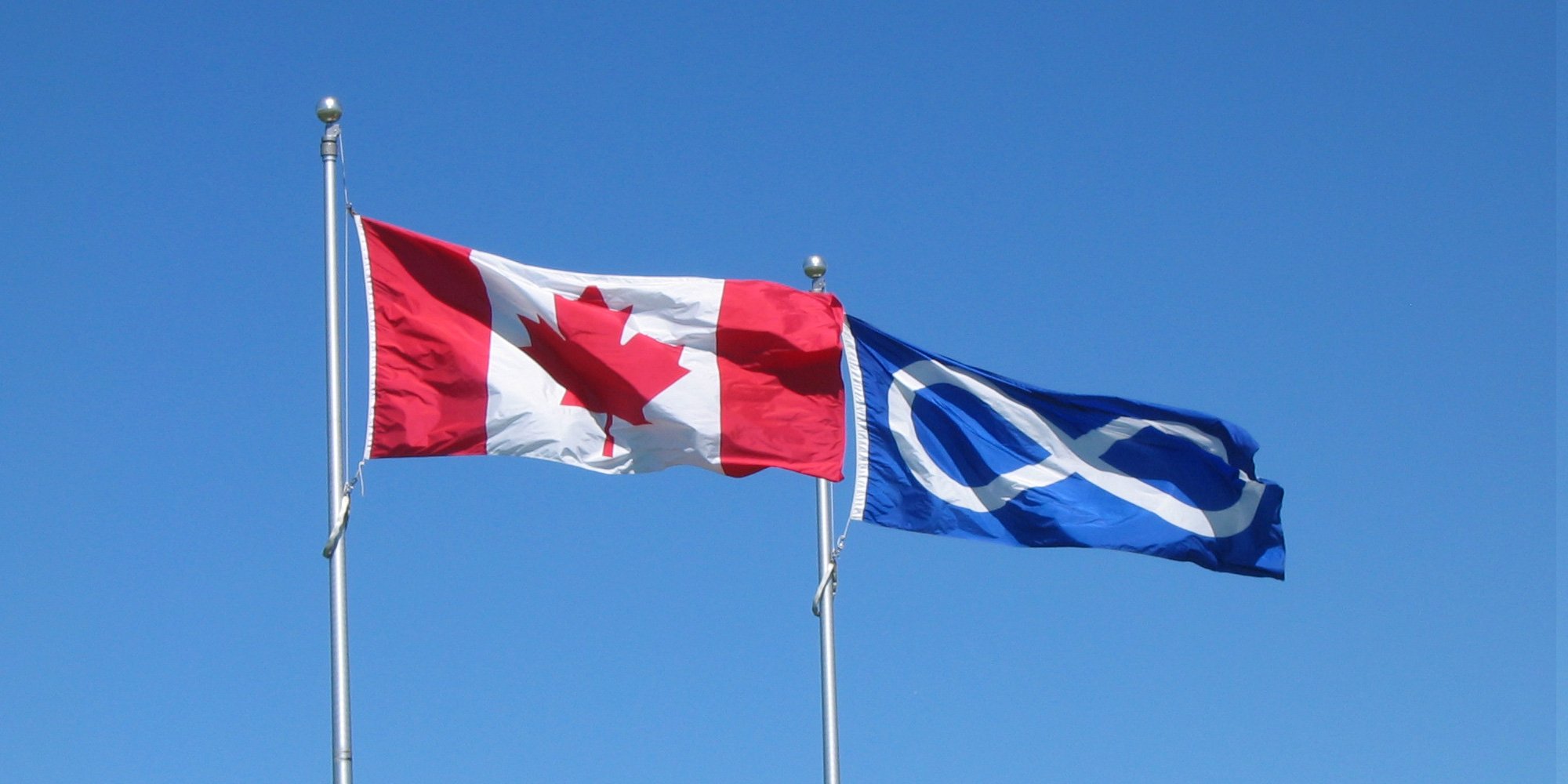What are Gladue Reports?
Indigenous people account for less than five percent of the Canadian population, yet represent 25 percent of the total inmate population. Canada is...
2 min read
Admin May 04, 2012
Strong Aboriginal Relationships Key to Resource Sector Success
Reproduced courtesy of: Dan Jepsen
Early engagement with Aboriginal leaders and communities is the single most important step companies can take when considering projects and development activities within Aboriginal traditional territories. When a company is planning to do exploration work in the traditional territory of a First Nation, they should be respectful of the fact that it is the backyard of that community. Now is the time for company staff to start asking themselves “if roles were reversed, how would I like this process to unfold?” All future communications and engagement will be influenced heavily by the first interactions between businesses and governments and Aboriginal Peoples.
Building positive, respectful relationships with local Aboriginal communities is the foundation that will set the tone for successful outcomes for both Aboriginal communities and the resource developers. A key component for initial introductory meetings are not “Power Points” or maps, promises or glossy hand outs – it is instead a clear demonstration of your company’s sincere desire to develop a positive relationship based upon trust and respect. In addition, there must be a sincere commitment to work closely to understand local communities, their culture, needs and hopes related to their lands, and how these will be incorporated and reflected in your proposed development plans.
The time for companies to launch their engagement with local Aboriginal communities should be as early as possible. Businesses that decide to finally engage with local Aboriginal communities when their project plans are well advanced and engineered can expect to receive a cool response; they may be forced to go back to the drawing board to accommodate Aboriginal concerns. If it appears the developer wishes a “rubber stamp” approval of a project plan, is quite likely to lead to strong push back which could adversely affect the chances of the development going ahead.
Building positive, respectful and trusting relationships with Aboriginal Peoples also boosts government and public support. As well, it results in a better project design, increases investor confidence and provides regulators with a higher comfort level related to project approval. All these aspects support the certainty that both business and Aboriginal communities are seeking. Smaller companies needing the involvement of a large mining company to advance their resource project should always remember that any investor will wish to see a positive relationship with local Aboriginal communities. Those companies that have engaged in a respectful manner and have secured the support of local Aboriginal Peoples are more likely to close a deal, and can expect a premium to be paid for their commitment and efforts.
Consultation and accommodation are the most challenging, and often controversial topics within the realm of Aboriginal community engagement. The courts have decided that government is primarily responsible for consultation with Aboriginal Peoples whose existing or potential rights may be impacted by a decision they propose to make. Third parties, such as resource development companies, are also required to consult and should play an active role in the process as appropriate. Legal requirements to include accommodation by governments and third parties have only relatively recently been mandated.
There is no template that defines how much consultation is enough, and if accommodation has been delivered. However, one thing is clear, all parties – companies, governments (federal, provincial, territorial) and Aboriginal Peoples – should share from the benefits of development projects. Reaching a decision to move forward requires keeping an open mind, carefully listening to the community, and having a commitment to explore what can and cannot be done. Companies must be patient, respectful, honest and trustworthy in their discussions, meetings and negotiations with Aboriginal communities.
Successful Aboriginal community engagement incorporates Aboriginal goals of respecting land and resources, and conducting activities in economically, socially and environmentally responsible ways to ensure long term sustainability.
There is no project partner that is more powerful than the support and interest of local Aboriginal leaders and communities.
Here's a free download you might appreciate "Guide to Terminology"

Indigenous people account for less than five percent of the Canadian population, yet represent 25 percent of the total inmate population. Canada is...

The scrip policy is not as well known as other sorry chapters in Canada’s history of relations with Aboriginal Peoples but it should be as it...
"The art of consensus decision making is dying. We are greatly concerned that Aboriginal people are increasingly equating ‘democracy’ with the act...